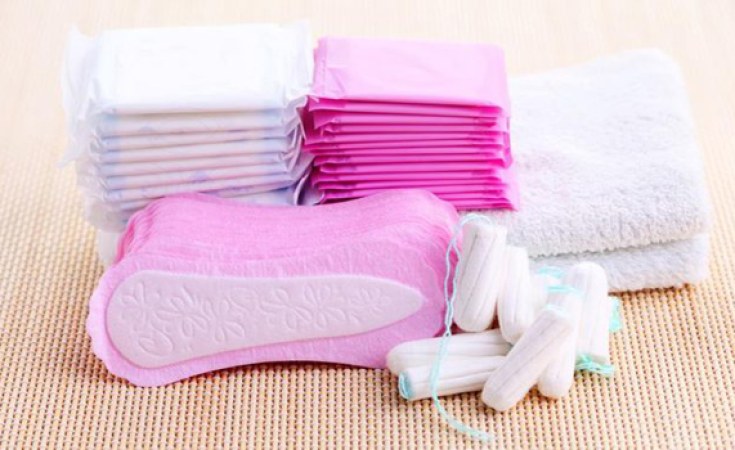ALL PERIODS ARE equal.
But some menstrual cycles are allegedly more equal than others.
Some are worthy of financial support and others not.
The ones requiring pads are worthy of support, but not those requiring tampons.
This seems to be the message of the Ministry of Finance when it decreed that tampons will not be exempt from value added tax (VAT), as it considered tampons a luxury item.
VAT will not be charged on sanitary pads as of 1 January 2023, but all other menstrual hygiene products will continue to be taxed as 'luxuries'.
In principle, the move is welcome relief for all Namibian women, especially half of the schoolgoing population who miss out on class time for a few days every month because of not being able to afford pads or tampons.
Period poverty is no figment of the imagination.
Those who cannot afford clean and new sanitary items are forced to use pieces of old cloth.
Those poor girls and women are more prone to urinary tract and vaginal infections, which could lead to serious kidney issues, pelvic inflammatory disease, or worse.
The cost of poor menstrual hygiene can be devastating.
And yes, pads are often seen as safer and more hygienic than tampons.
However, pads are not the most suitable way to deal with all women's bleeding, and definitely not for all periods.
The government's decisionmakers seem to assume that what works for one woman works for all women at all times.
And that most low-income earners prefer pads. Dealing with periods is not about preference.
Finance spokesperson Wilson Shikoto said the ministry consulted with retailers and affected groups, which revealed exactly that.
But perhaps it's because low-income earners do not even dare stretch their options as far as tampons and other items.
A pack of 32 tampons without applicators costs around N$40, and if you need applicators, you would have to pay up to N$60 for just 20.
A pack of 16 pads can cost anything between N$36 and N$50, depending on the type.
It's very hard to generalise and say women use on average this or that type of pad or tampon, or how many.
One thing is clear: Not all periods require the same support.
To the uninitiated, tampons can seem like a luxury when, in fact, being physically active is not a luxury.
When doing sport, swimming, or just moving around, tampons are vital.
Teenage girls who are just learning to live with the menstrual cycle may not have the luxury to choose between a basic pad, tampon or other products.
Tampons, for instance, are small, not visible, and remain in place as opposed to migrating in your underwear as pads do, and are also prone to leaking.
The shifting of pads causes discomfort. Leaks expose girls to embarrassment.
It can be argued that tackling absence from school is more important than being able to do sport and other physical activities in the larger scheme of things.
But the point is, as Ndapwa Alweendo, the project coordinator at Sister Namibia, has said: Calling tampons a luxury item is unfair as the way one chooses to deal with menstruation cannot be a luxury.
Kudos, however, to the finance ministry for taking the first step in making menstrual items more affordable.
Perhaps this has paved the way for society to stop skirting the period poverty issue, and to start talking about the elephant in the room - robbing our girls of an education and women of respectable employment.
Period poverty can only be eliminated if the broader society tackles it without skirting the issue.
Have a little mercy on women.
Period.


